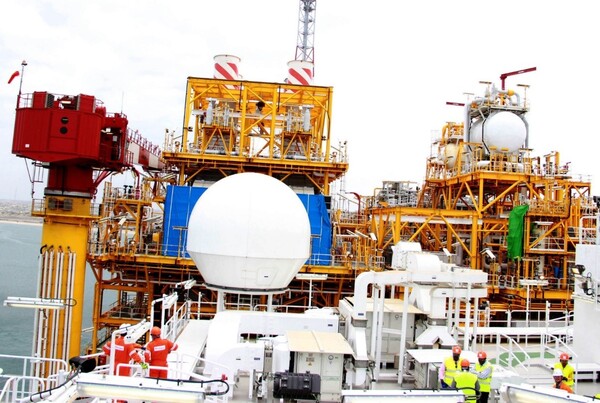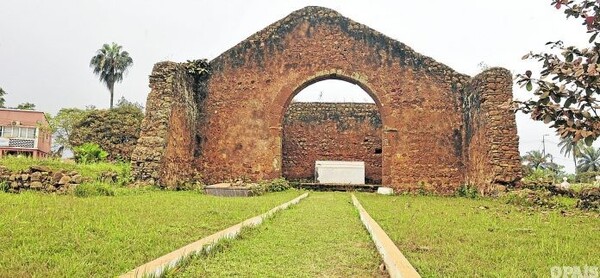States CEO and Chairman Sebastiao Gaspar Martins of Sonangol Eng.
By Publisher-Chairman Lee Kyung-sik, Vice Chairperson Joy Cho, Business Editor Joseph Rhee
CEO and Chairman Sebastiao Gaspar Martins of Sonangol Eng. said, “Today, given our consolidated stage, we are moving steadily from the traditional National Oil Company to an Integrate Energy Company, bringing into our business portfolio other infrastructures and assets, in particular those linked with the production of cleaner and renewable energies.” CEO and Chairman Martins of Sonagol Eng. made the statement at a recent interview with The Korea Post media, publisher of 3 English and 2 Korean-language news publications since 1985. Details of the interview follow:
Question: Could you give us a detailed presentation of the activities carried out by Sonangol, especially in relation to the company's future relationship with the business community and consumers in South Korea?
Answer: Well, Sonangol is an integrated Oil and Gas Company, the National Oil and Gas Company, stablished in the local and international market for nearly five decades now. Since its creation back in 1976, the company has ventured in various businesses, however its core business has always been exploration and production of Oil and Gas, refining, storage and marketing of refined products across the country and export crude oil and derivatives to the international market.
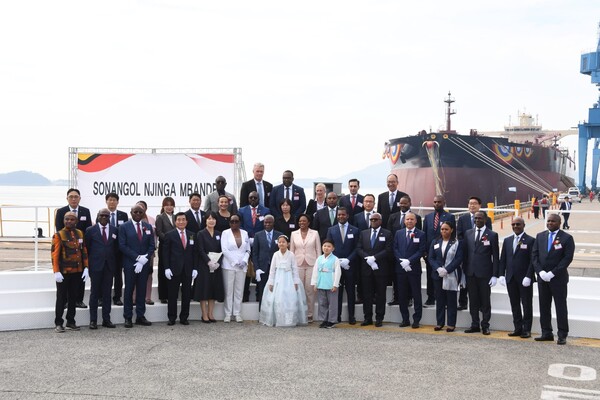
Today, given our consolidated stage, we are moving steadily from the traditional National Oil Company to an Integrate Energy Company, bringing into our business portfolio other infrastructures and assets, in particular those linked with the production of cleaner and renewable energies.
Based on our experience in working in the international market, both in operational activities, such as the upstream and crude oil trading, we are always open to new opportunities and the South Korea market has been a very prominent market for us to explore. We have, for some time, had the opportunity to build drillships and other vessels with South Korean Companies and recently have managed to build two new modern tankers (Suezmax) with carrying capacity of one million barrels each that were added to our fleet operating across the world.
The geographical position of South Korea and its vast and renowned experience in terms of technology, can be regarded as two main competitive advantages for its community. At Sonangol we believe that serving that market with both crude oil, refined products and even other services can bring good results to both sides. As we engage in new sources of energy, and our commitment to promote energy security for the country and fight energy poverty in the African Continent, we open doors to partnerships with South Korean companies and therefore jointly explore the opportunities available and even discover new ones.
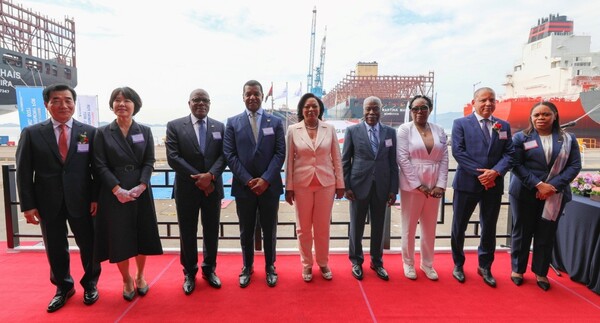
Reinforcing and solidifying our partnership in terms of shipbuilding is primordial. Additionally, other areas such as refining, crude oil and refined product trading or even renewable energy projects can be appointed as promising areas of collaboration.
Q: Could we also have a detailed presentation of the Chairman of Sonangol E.P.?
A: Firstly, thank you for your interest and the opportunity to share with you and the South Korean community a picture of my humble journey.
I am Sebastião Pai Querido Gaspar Martins, born in Luanda, in the distant year of 1956. Concluded my primary and secondary studies in the Province of Luanda. Joined the oil sector in 1976, coincidentally the year that Sonangol was founded, enrolling the Enrico Mattei Institute in Italy, to attend the Production Technician course.
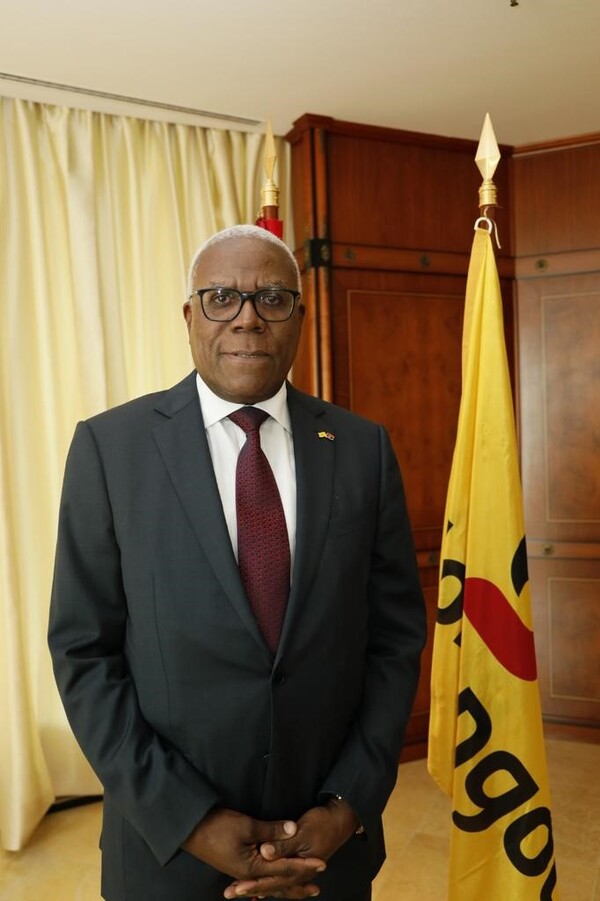
In 1986, already in Luanda, I graduated in Mining, with the Petroleum option, from the Faculty of Engineering at the Agostinho Neto University. At this time, I also paid particular attention to my more professional training, having obtained several diplomas through practical internships in internationally renowned companies, such as the Gulf Oil Company, today’s Chevron, Fina Petróleos, the current Total Energies, Norsk Hydro, today’s Equinor, among others.
Given the characteristics of the sector, I had to try to master some foreign languages, namely English, French and Italian which have served me greatly throughout both my career and life in general.
In my professional career, before graduation, I was a Production Operator, Team Leader and Production Supervisor, working 14/7 and 21/7 respectively in Cabinda (Chevron), Luanda and Zaire (Fina Petróleos)
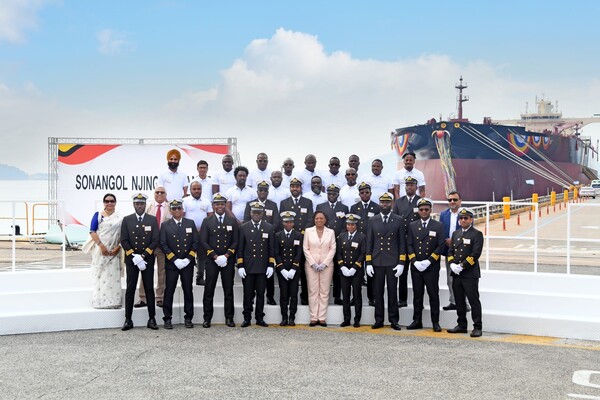
Upon completion of my studies in Engineering, I worked as an Engineer and Head of Department in the Production Department of Sonangol-E.P.
Between 2000 and 2010, I assumed the role of President of the Executive Committee of the operating arm of Sonangol, when I was afterwards called to join the Board of Directors of Sonangol-E.P., where I stayed until 2013.
Between 2015 and 2017, I served as Chairman of the Board of Directors of the operator Somoil in Luanda, and it was in 2017 that I was called back to join the Board of Directors of Sonangol-E.P., having, in 2019, been appointed to the position of Chairman of the Board of Directors.
After several years and having had the opportunity to lead teams at different levels and segments, today I feel very honored to hold the role of Chairman of the Board of Directors of Sonangol, the largest company in the country. I recognize that all of this is the result of this humble journey, marked by several sacrifices and personal level and recognized achievements as a group, always in favor of the national interest.
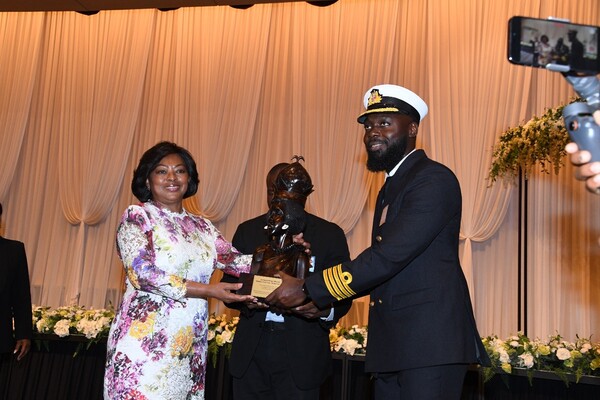
Considering the growing demand for alternative markets by several countries - including South Korea, for the purchase of Crude Oil and its derivatives, mainly Petroleum Coke, what are the necessary requirements for the purchase of Crude Oil and Petroleum Coke by Private South Korean Companies in the Angolan market?
As mentioned before, at Sonangol we value our international partnerships and are open to new opportunities. We operate in the international market, especially for crude and refined products
trading, therefore any interest from the South Korean market will be attended according to its specifications.
In general terms, a Letter of Intent to purchase both crude oil or refined products, is considered the first step, detailing crude characteristics, product specifications and volumes.
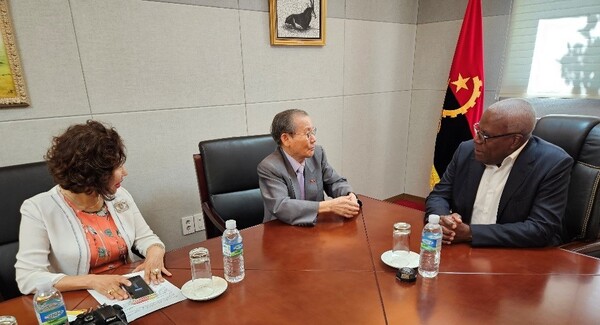
At the more operational level, for trading activities, it will certainly be necessary to go through all the administrative procedures, which are the most normal in international standards, namely, Licencing and regulatory compliance, commercial agreements, quantity standards, customs procedures and other agreements, to name just a few.
Today, the country’s Oil Sector is serviced with a platform both for regulatory purposes and efficiency that promotes a much faster negotiation process and see trade happen at a faster pace.
According to the nature and magnitude of needs, any new customer can contact Sonangol directly and even the Ministry of Mineral Resources, Petroleum and Gas for more details and interests in our products and services.
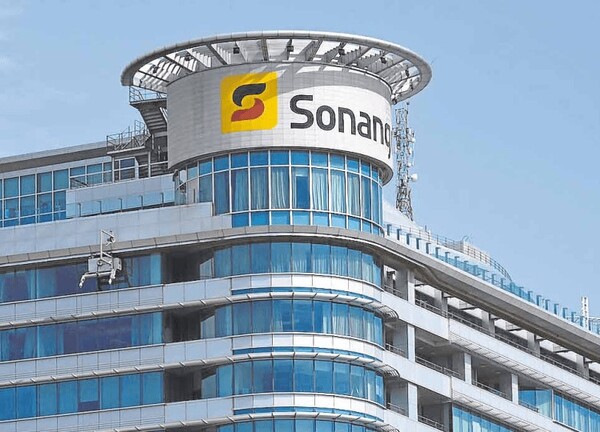
1. Given the volume of business portfolio between Sonangol and South Korean shipbuilders, and the fact that the contracts for works in South Korea include a Social Portfolio Package, as part of Sonangol’s social responsibilities, is the company considering including this clause in the negotiations with its partners for future purchases of ships in the Korean market?
At Sonangol we take social responsibility and patronage very seriously. We are highly engaged in the improvement of community development, keeping our mission of working towards the sustainable development of the energy industries, whilst ensuring greater returns for our shareholders, partners, and the society. Hence, it is part of our modus operandi the inclusion of social responsibility in the purchase of ships, and we will continue encouraging our partners to include this into the agenda for future any and all contracts.
As part of its fleet modernization program, SONANGOL acquired two oil tankers in April and September of this year: the Sonangol Kulumbimbi and the Queen Njinga Mbande.
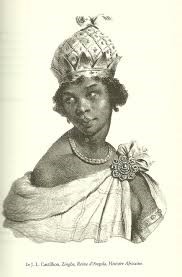
Q: What does the acquisition of two modern tankers in a single year mean for Sonangol and Angola's development?
A: The acquisition of two modern tankers in a single year is a significant milestone for Sonangol and Angola's development. Within our long-term strategy, we maintain the focus of serving the country,
the region and even our international clients with top quality products and services. The new acquisitions demonstrate our commitment to modernising our fleet and increasing its capacity to transport and trade oil on the international market, strengthening our presence in the global shipping industry and contribute to the country's economic growth.
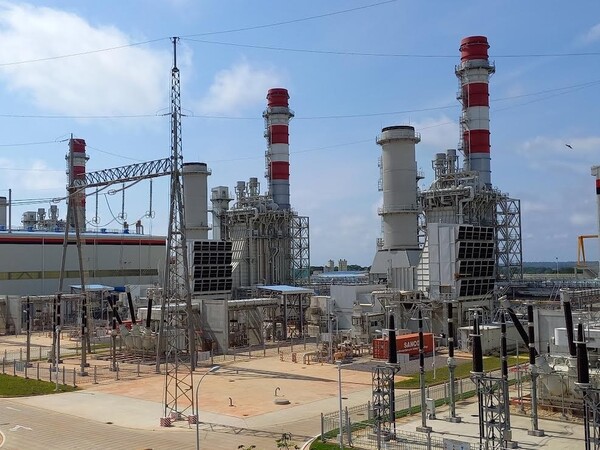
Q: What is your assessment of this partnership between Sonangol and Hyundai Samho Heavy Industries, the world's largest shipbuilding and heavy equipment company?
A: The partnership between Sonangol and Hyundai Samho Heavy Industries is of great strategic importance and as proved it so with the deliverance of the two new tankers in a very short and even turbulent period, facing various constraints due to the Covid-19 pandemic. Hyundai Samho's expertise in shipbuilding and Sonangol's investment in modern vessels create a synergistic relationship that benefits both parties. It enables us to acquire state-of-the-art vessels while supporting the shipbuilding industry in South Korea.
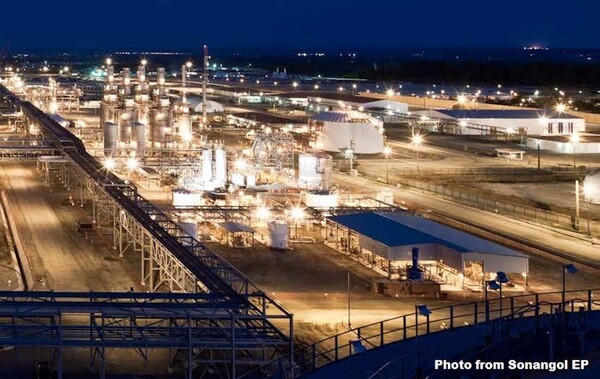
Q: Can you refer to the meaning and importance of the names given to these last two ships, namely the Sonangol Kulumbimbi and the Queen Njinga Mbande?
A: I am very glad that you have asked this question. The names chosen for the two ships, Sonangol Kulumbimbi and Queen Njinga Mbande, carry profound historical and cultural significance and are a powerful tribute to Angola's rich heritage.
The Queen Njinga Mbande is a tribute to the sovereign Mwene Njinga Mbande in the Quimbundu dialect, who founded and reigned the kingdom of Matamba between 1624 and 1626, documented by Portugal as Ana I, until her death in 1663. She was an important military and political strategist, fighting great battles and making treaties of alliance and peace, and her political and military career made her an icon of History.
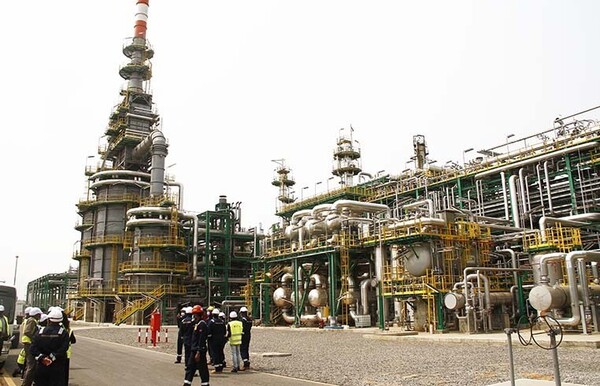
The Kulumbimbi is named after a historical monument located in the city of Mbanza Congo, province of Zaire in the north of Angola, built more than 500 years ago. The site is sacred and receives the title of the first church in Angola and sub-Saharan Africa. In 2017, the UNESCO World Heritage Commission declared the city of Mbanza Congo a World Heritage Site, including three key places, one of them being Kulumbimbi.
By naming these ships after these important cultural landmarks and historical figures, Sonangol creates a bridge that connects the past to the present, reminding us of the importance of preserving and celebrating our country’s unique history as the nation moves forward into the future.
Q: We know that the latter ship, with a carrying capacity of around one million barrels of oil, will go down in the history of Angolan maritime navigation as the first tanker operated entirely by an Angolan crew. What does this mean for the country? What steps were taken to make this possible?
A: The operation of the Queen Njinga Mbande by an entire Angolan crew is a historic achievement. It demonstrates the company’s commitment to building a skilled workforce and enhancing national capacity in the maritime industry. This initiative contributes to job creation, skills development, and economic empowerment for Angolans, and the cadetship program continues to be a key driver towards reinforcement of existing local content regulation in the maritime sphere.
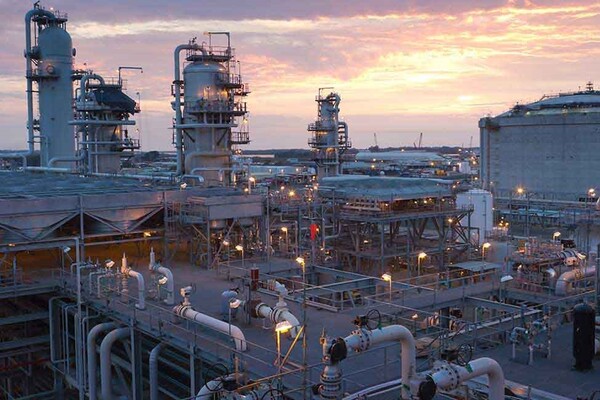
Q: What are the future prospects for this partnership?
A: Building the two new vessels was not a onetime event. The results proved fruitful; therefore, the prospects of our partnership are certainly vast, and include further cooperation in shipbuilding, technology transfer and storage capacity building. It may also include additional ship acquisitions or joint ventures in the maritime sector as we continue to mark our presence worldwide.
Q: Are there any other issues of importance to Korea and Angola in relation to your company that you could please describe to us?
A: I am sure that there are other important matters related to Sonangol's operations, such as environmental sustainability, community engagement and technological advances, which could be further analysed as potential areas of cooperation that are of interest to both South Korea and Angola, as the two countries explore additional spheres for investment in the energy sector. The current discussions around energy transition have proved that the parties can only gain if they work in collaboration and partnerships. It is where supply and demand meet that the relevance of any activity makes sense and produces the desired change.
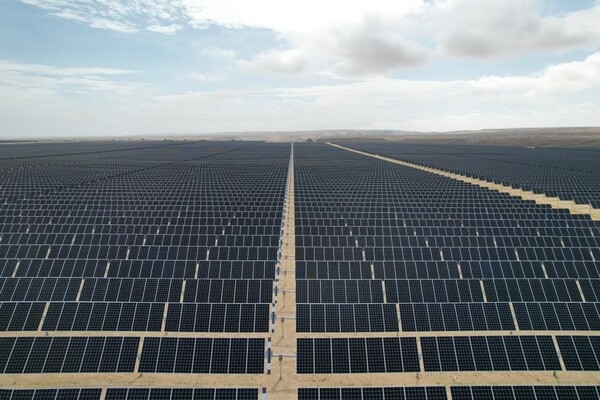
We are committed to provide available and affordable energy to our people, promote sustainability and hope for prosperous future to our and the next generations, which I believe is not less true to the South Korean strategy and vision. Therefore, energy in its varied forms, technology, and social and economic advancement are very good starting point, moving forward.
